![]()
![]()
![]()
Use LEFT and RIGHT arrow keys to navigate between flashcards;
Use UP and DOWN arrow keys to flip the card;
H to show hint;
A reads text to speech;
50 Cards in this Set
- Front
- Back
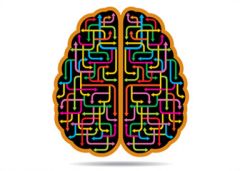
Top Ten Learning Tip #1:
Attention |
Focus- Aim at one thing. Adding other things to your studies can disrupt your goal. |
|
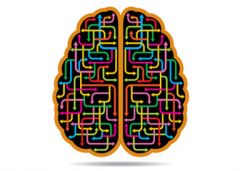
Top Ten Learning Tip #2:
|
Joseph Jacob: 1887, one of the first to study digit span |
|
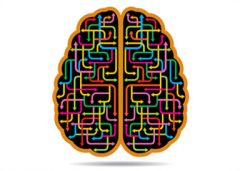
Top Ten Learning Tip #3: Chaining |
- Forward Chain: Example: Four score and seven years ago |
|
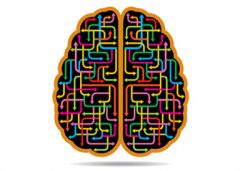
Top Ten Learning Tip #4: |
- Storing things in memory is more easy to do than putting them in |
|
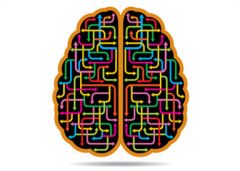
Top Ten Learning Tip #5: |
Practice consistently to keep the material fresh in memory. |
|
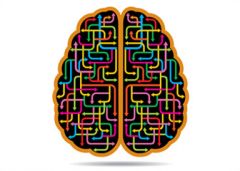
Top Ten Learning Tip #6: |
Match the environmental conditions from when you learned something. |
|
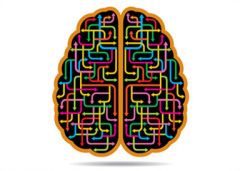
Top Ten Learning Tip #7: |
Keppel and Underwoord (1962) |
|
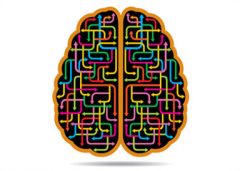
Top Ten Learning Tip #8: |
-Teach someone else or practice with a harder version of what you're doing. |
|
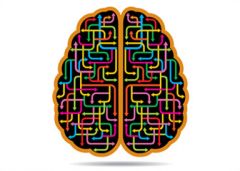
Top Ten Learning Tip #9: |
Confidence precedes competence |
|
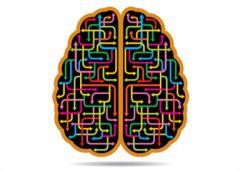
Top Ten Learning Tip #10: |
Prime yourself with the subject material |
|
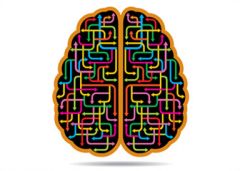
Aristotle (384-323 BC) |
3 Laws of Association: similarity, contiguity, opposites |
|
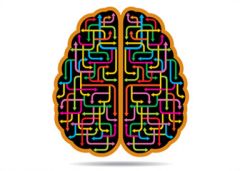
Descartes (1596-1650) |
2 classes of behavior (dualism) Involuntary= reflexes |
|
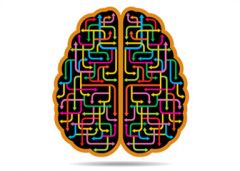
John Locke (1632-1704) |
No innate ideas. Empiricism: ideas originate with sensory experience |
|
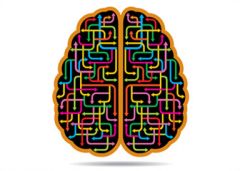
Thomas Hobbes (1588- 1679) |
-Hedonism determines voluntary behavior -Pursue pleasure, avoid pain. -Charles Darwin (1809-1882) Combines two theories: - Charles Lyell's dynamic view of earth |
|
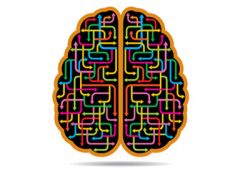
Francis Galton (1822-1911) |
-intelligence is a singular factor |
|
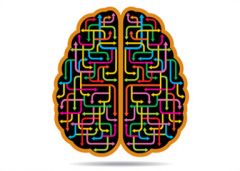
George Romanes (1848-1894) |
-saw himself a disciple and worshiper of Darwin -sought to prove with logic Darwin's concept of continuity between humans and animals - subjective vs. objective analyses -behavior is the ambassador of the mind -intelligence is the ability to learn -anecdotal evidence -analogous |
|
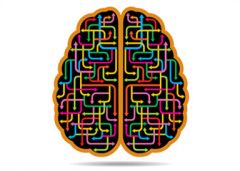
criticisms of anecdotal evidence |
events witnessed by only one person. story embellishment coincidence bias to report behaviors that appear intelligent |
|
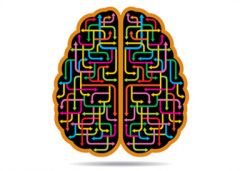
|
|
|
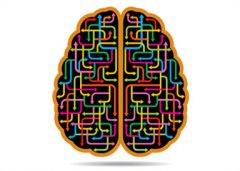
|
|
|
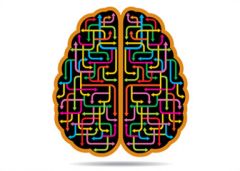
|
|
|
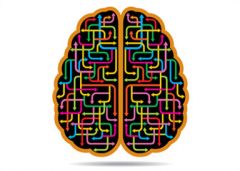
|
|
|
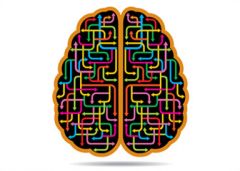
|
|
|
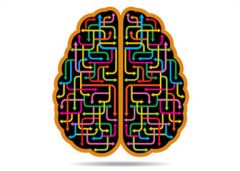
|
|
|
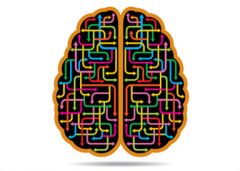
|
|
|
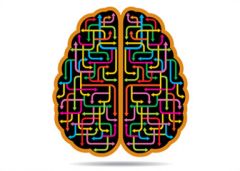
|
|
|
|
|
|
|
|
|
|
|
|
|
|
|
|
|
|
|
|
|
|
|
|
|
|
|
|
|
|
|
|
|
|
|
|
|
|
|
|
|
|
|
|
|
|
|
|
|
|
|
|
|
|
|
|
|
|
|
|
|
|
|
|
|
|
|
|
|
|
|
|
|
|
|
|
|
|
|
|
|
|
|
|
|
|
|
|
|
|
|
|
|
|
|
|
|
|
|
|
a |
a |

